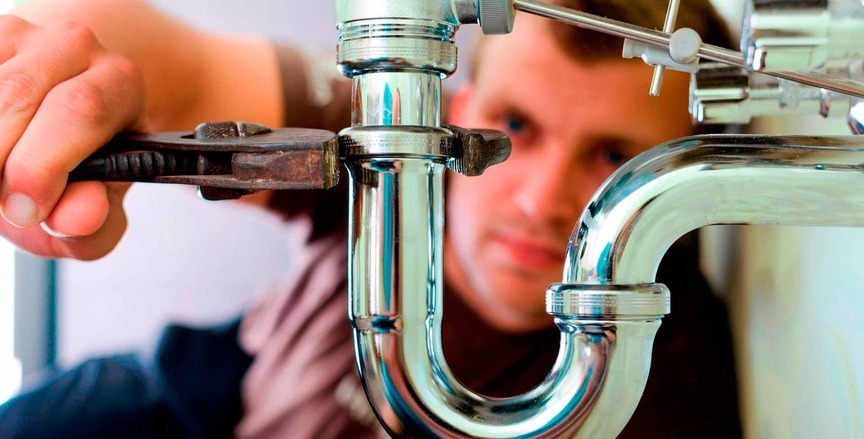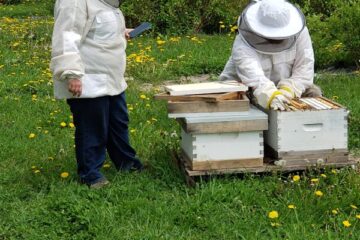In the realm of home maintenance and repairs, few professionals are as essential as plumbers. These skilled tradespeople play a critical role in ensuring the proper functioning of a home’s plumbing system, which is crucial for everything from basic hygiene to the integrity of the structure itself. In this comprehensive guide, we’ll delve into the world of plumbers, exploring their duties, qualifications, and the importance of their work in modern society.
Understanding the Role of Plumbers
Plumbers are responsible for installing, maintaining, and repairing various components of a building’s plumbing system. This includes pipes, fixtures, appliances (such as water heaters), and drainage systems. Their work encompasses both residential and commercial properties, and they may specialize in specific areas such as new construction, renovations, or emergency repairs.
One of the primary tasks of a plumber is to ensure the proper flow of water into and out of a building. This involves installing pipes and fixtures according to building codes and blueprints, as well as troubleshooting issues such as leaks, clogs, or low water pressure. Plumbers also play a crucial role in promoting water conservation and efficiency by recommending and installing eco-friendly fixtures and appliances.
Qualifications and Training
Becoming a plumber requires a combination of education, training, and practical experience. In many jurisdictions, plumbers must be licensed to work professionally. The specific requirements for licensure vary by location but typically include completing a formal apprenticeship program and passing a licensing exam.
Apprenticeships are a traditional path to becoming a plumber and typically last between 2 to 5 years. During an apprenticeship, aspiring plumbers work under the supervision of experienced professionals, gaining hands-on experience in various aspects of the trade. They learn how to read blueprints, install pipes and fixtures, diagnose plumbing problems, and adhere to safety regulations.
In addition to apprenticeships, many plumbers also pursue formal education through technical schools or community colleges. These programs provide classroom instruction in subjects such as plumbing theory, mathematics, and building codes, complementing the practical skills gained through on-the-job training.
The Importance of Plumbers
The importance of plumbers in modern society cannot be overstated. Without properly functioning plumbing systems, homes, businesses, and public infrastructure would be uninhabitable. Plumbers play a vital role in maintaining public health and sanitation by ensuring the safe disposal of wastewater and preventing contamination of the water supply.
In addition to their role in maintaining basic hygiene, plumbers also contribute to the safety and comfort of buildings. A malfunctioning plumbing system can lead to water damage, mold growth, and structural problems if left unchecked. By promptly addressing issues such as leaks or clogs, plumbers help prevent costly damage and preserve the integrity of the building.
Furthermore, plumbers play a key role in promoting sustainability and environmental conservation. By recommending and installing water-saving fixtures and appliances, they help reduce water consumption and minimize the strain on natural resources. Additionally, plumbers are often involved in the installation of alternative water systems, such as rainwater harvesting or greywater recycling, further reducing the environmental impact of buildings.
Emerging Trends and Technologies
Like many other industries, the field of plumbing is constantly evolving with advancements in technology and changes in consumer preferences. One notable trend in recent years is the growing demand for smart plumbing solutions. These include devices such as smart leak detectors, Wi-Fi-enabled faucets, and programmable irrigation systems, which allow homeowners to monitor and control their plumbing systems remotely.
Another emerging trend is the increased focus on sustainability and green building practices. Plumbers are increasingly called upon to install eco-friendly fixtures such as low-flow toilets, water-efficient showerheads, and energy-efficient water heaters. Additionally, there is growing interest in alternative water systems, such as greywater recycling and rainwater harvesting, which can help reduce reliance on traditional water sources.
Advancements in materials and construction techniques are also impacting the plumbing industry. For example, the use of PEX (cross-linked polyethylene) piping has become increasingly popular due to its flexibility, durability, and ease of installation. Additionally, trenchless technology, which allows for the repair or replacement of underground pipes without the need for extensive excavation, is gaining traction as a cost-effective and minimally disruptive solution.
Challenges and Opportunities
While the role of plumbers is indispensable, the profession also faces certain challenges. One of the primary challenges is the aging workforce. Many experienced plumbers are nearing retirement age, and there is a growing need to attract and train the next generation of professionals to fill their shoes. Efforts to recruit and train new plumbers, particularly from underrepresented groups such as women and minorities, are essential for ensuring the continued availability of skilled labor in the plumbing industry.
Another challenge is keeping pace with evolving technology and regulations. Plumbers must stay abreast of changes in building codes, environmental standards, and advancements in plumbing technology to provide the best possible service to their clients. Continuing education and professional development programs are crucial for keeping plumbers up-to-date on the latest trends, techniques, and regulations in the industry.
Despite these challenges, the plumbing profession also presents numerous opportunities for growth and innovation. As the demand for sustainable building practices continues to rise, there is a growing need for plumbers with expertise in green technologies and alternative water systems. Plumbers who specialize in these areas can carve out a niche for themselves in the market and contribute to a more sustainable built environment.
Additionally, the increasing prevalence of smart home technology presents new opportunities for plumbers to expand their services. By incorporating smart devices and systems into their offerings, plumbers can provide added convenience, efficiency, and peace of mind to their clients. Whether it’s installing smart thermostats, leak detection systems, or automated irrigation controllers, plumbers can leverage technology to enhance the value they provide to their customers.
Conclusion
In conclusion, plumbers play a vital role in maintaining the health, safety, and functionality of our built environment. From installing new plumbing systems to troubleshooting complex issues, their expertise ensures that homes, businesses, and public infrastructure operate smoothly. As society continues to evolve and technology advances, plumbers will remain indispensable guardians of our plumbing systems, adapting to new challenges and innovations to meet the needs of a changing world.
While the profession faces certain challenges, such as an aging workforce and the need to keep pace with evolving technology and regulations, there are also numerous opportunities for growth and innovation. Plumbers who embrace sustainable practices, green technologies, and smart home solutions can position themselves for success in a rapidly changing industry. Ultimately, the work of plumbers is essential not only for the functioning of our buildings but also for the health, safety, and well-being of the individuals and communities they serve.



